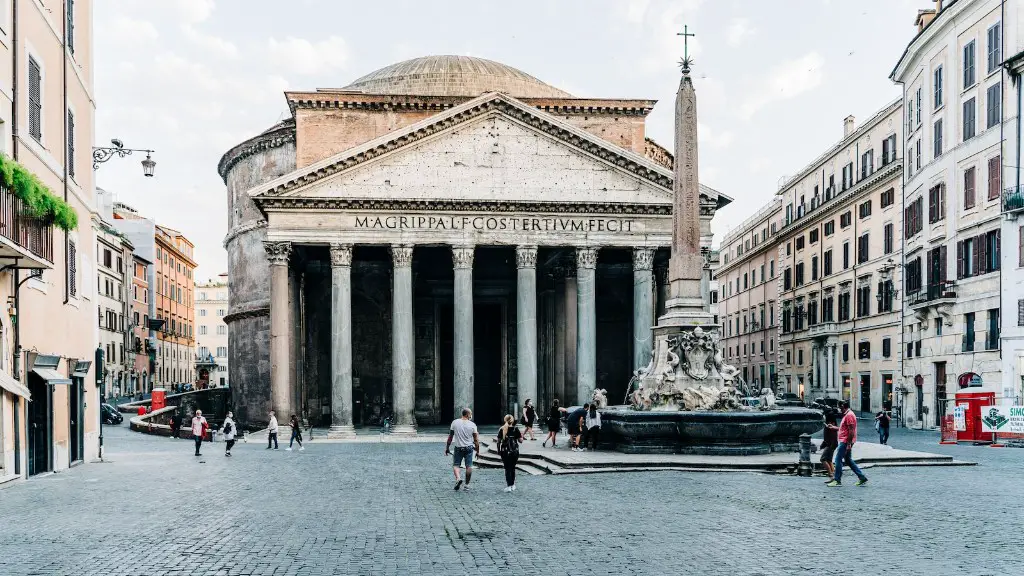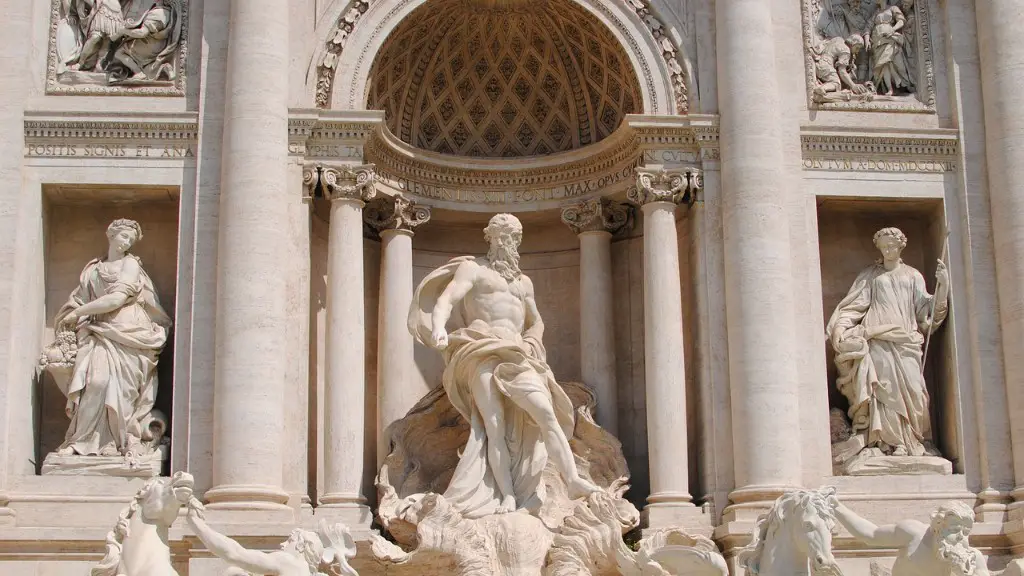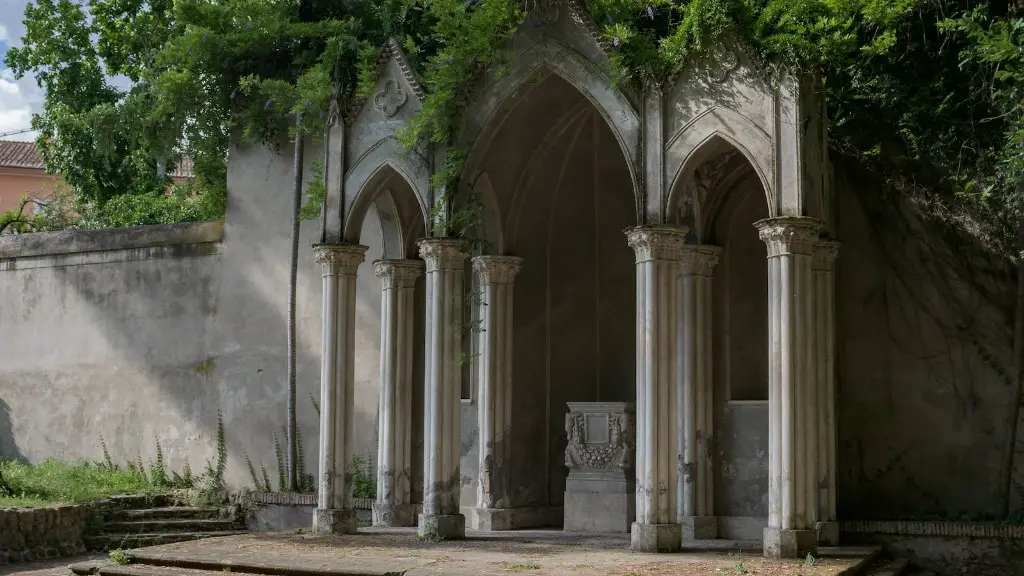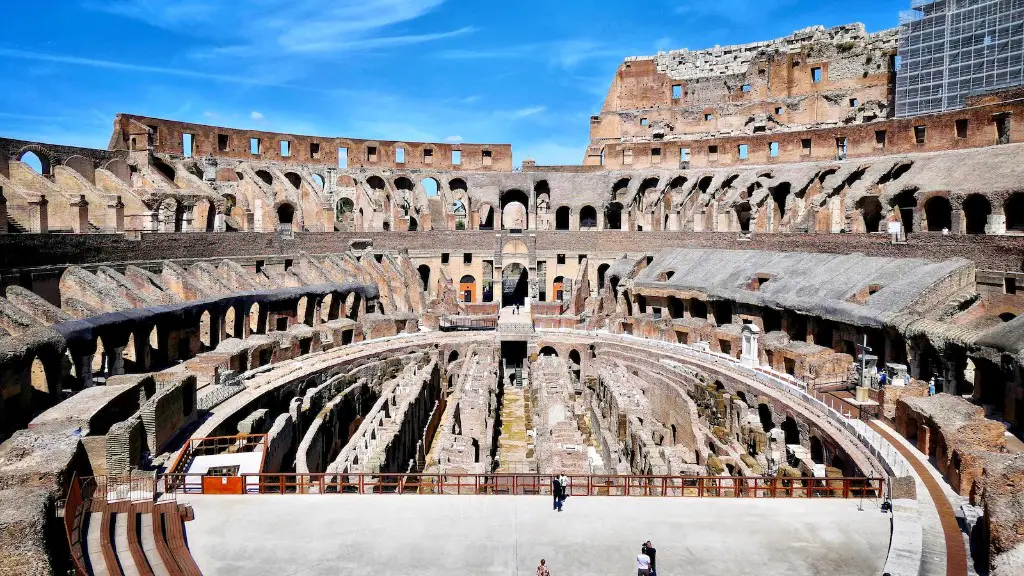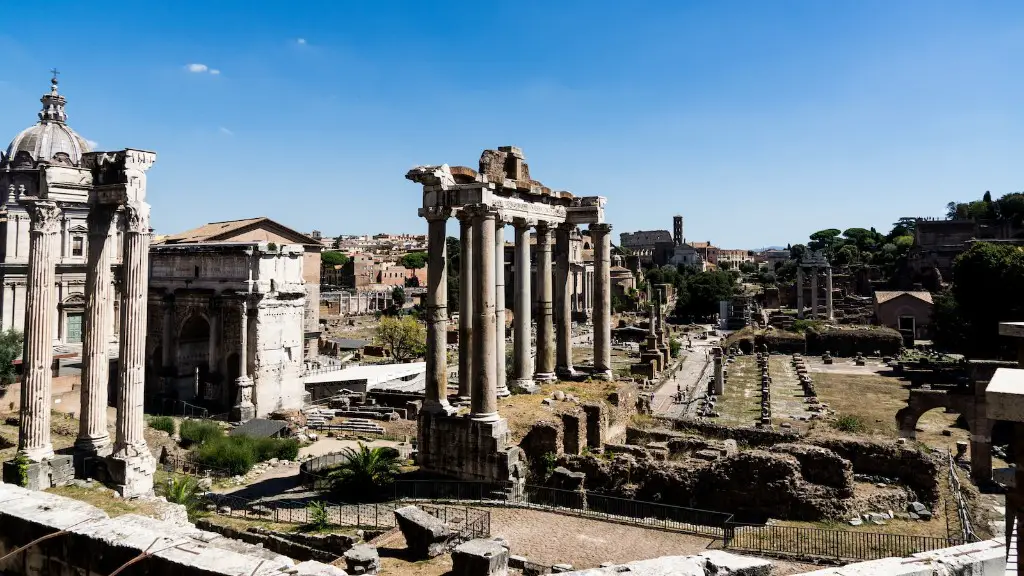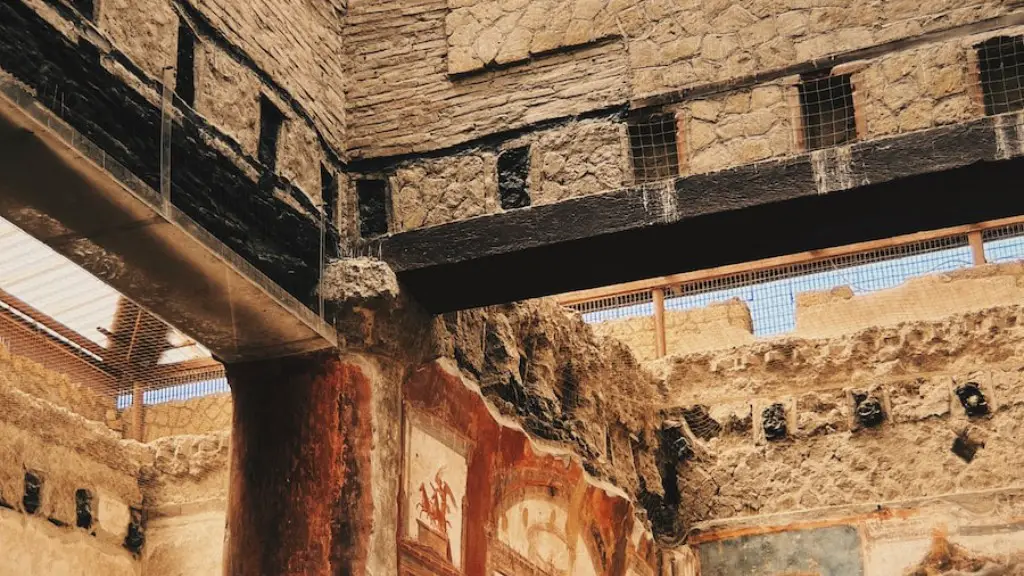Historical Significance
Ancient Greece and Rome were two of the greatest societies in history. Both were incredibly influential in terms of art, literature, philosophy, politics, and more. They both left an indelible mark on the course of world history and their legacies are still felt today. Despite the similarities between the two civilizations, there were some key differences that set them apart.
One of the most notable differences was in their religion. Ancient Greece was largely polytheistic, meaning they worshiped multiple gods and goddesses, while Ancient Rome was primarily monotheistic, worshiping only one god. This difference was reflected in their mythology and cosmology, with Greek religion incorporating multiple mythical and mythological figures and concepts, while Rome tended to be more focused on a single divine figure, Jupiter Optimus Maximus.
Another difference between the two societies was that, while Ancient Greece was made up of several small separate city-states, Ancient Rome formed an expansive empire that included much of the known world of the time. Rome also had a vastly more powerful military, which allowed it to control its territories and expand its borders far more than Greece ever did.
Additionally, Greek culture was much more focused on philosophy and the pursuit of knowledge than it was on politics, while Roman culture was largely devoted to public life and the promotion of the idea of Roman greatness. Greek scholars were renowned for their advances in mathematics, science, and the arts, while Roman authors such as Julius Caesar and Cicero were famous for their works in history, politics, and law.
Despite their differences, Ancient Greece and Rome were two of the most influential cultures of the ancient world. They both had a profound effect on the development of Western civilization and their legacies are still felt today.
Architecture and Sculpture
When it comes to architecture and sculpture, the two civilizations have some distinct similarities and differences. Greek architecture heavily incorporated elements of nature into its design and often used columns to support its grand structures. Rome also relied on nature in its architecture and sculptures, but often added a human element to its designs. Roman architecture often used domes and arches, while Greek architecture relied more heavily on the use of columns.
In terms of sculpture, both civilizations used marble and stone to create lifelike sculptures of their gods and goddesses, though Roman sculpture tended to focus more on realism than the idealized forms of Greek sculpture. Both civilizations also used bronze for sculptures and statues, with Greek art often taking the form of small statuettes and figurines, while Roman art was more likely to be large statues or busts.
Both Greeks and Romans were renowned for their achievements in the fields of architecture and sculpture, and many of their works still stand today as reminders of their skill and influence.
Language and Writing
One of the main differences between Greek and Roman culture is that Greek was the primary language in Ancient Greece, while Latin was the primary language in Ancient Rome. This difference was reflected in the writing of the two civilizations: Greek used an alphabet consisting of 24 letters that varied geographically, while Latin used an alphabet consisting of 28 letters. Both languages were used for literature, with Greeks writing both drama and poetry, while Romans often focused more heavily on epic storytelling.
The writing systems used by both civilizations were also distinct: Greek used a three-way classification of scripts (ascending, curved, and linear), while Roman used only two (ascending and curved). Additionally, Greek writing used a number of unique symbols, while Roman writing mainly relied on the Latin alphabet. This difference can still be seen today in the way the two languages are written.
Despite the differences in their alphabet and writing systems, the influence of both Greek and Roman language and literature can be seen in current languages, such as English.
Politics, Government and Military
The most notable difference between Ancient Greece and Ancient Rome is in their politics, government, and military. While Ancient Greece is often characterized as having many independent, small city-states, Ancient Rome had a much more unified, centralized form of government. This difference resulted in a much larger and more powerful military for Rome, which allowed it to control much of the known world of the time.
Greek government was largely centered on the idea of determining public policy through direct public discussion, while Roman government was much more authoritarian in nature. This difference was reflected in their military structures, with Rome having a army that was composed of professional soldiers, while Greece had more of a citizen-soldier system. Rome also had more extensive economic and legal systems.
These differences in politics, government, and military are reflected in the legacies of both civilizations today, with Greeks often seen as champions of democracy, while Romans are often seen as the originators of modern military power.
Philosophy and Education
The Ancient Greek and Roman cultures also had distinct differences in their approach to philosophy and education. In Greece, philosophy was heavily focused on the pursuit of knowledge and the interpretation of human experience, while in Rome, education was largely focused on practical applications in the fields of law and government. This difference was reflected in their educational institutions, with the Greeks using Socratic dialogue as a teaching method, while the Romans formed an advanced system of public education.
Greek philosophy is often considered the foundation of Western thought, and many of their ideas are still studied and discussed today. Roman philosophy was much more practical in nature and focused more on how the individual could use their knowledge and skills to effect change. Both societies placed a great emphasis on education and its importance to the development of a strong and productive society.
The Legacy of Greece and Rome
The legacy of Ancient Greece and Rome can be seen in nearly all aspects of modern life, from literature and language to politics, art, and architecture. Both civilizations left a lasting imprint on world history and their influences can still be felt today. Despite their differences, they both contributed greatly to the development of Western culture and had an immense impact on the development of the world.
Influence on the Modern World
The influence of the ancient Greek and Roman civilizations can still be seen in the modern world. Many of our laws, political systems, and cultural institutions are based on concepts that were originally developed by either the Greeks or Romans. Additionally, many of the ideas explored by Greek philosophers are still relevant today in fields such as politics and economics.
In terms of art and literature, the legacy of Ancient Greece and Rome can still be seen in the works of modern artists and writers. In terms of architecture, many of the great buildings throughout the world can be seen as a testament to the skill and craftsmanship of these two civilizations.
Overall, the impact of the ancient world on our current world is undeniable. We are still learning from the innovations of Greece and Rome and still striving to incorporate their ideas and values into our own societies.
Conclusion
Ancient Greece and Ancient Rome were two of the most influential civilizations of the ancient world. Despite their differences, both made major contributions to the development of Western culture. From language and literature to politics, philosophy, and art, there is no doubt that both societies left an indelible mark on the course of world history.
